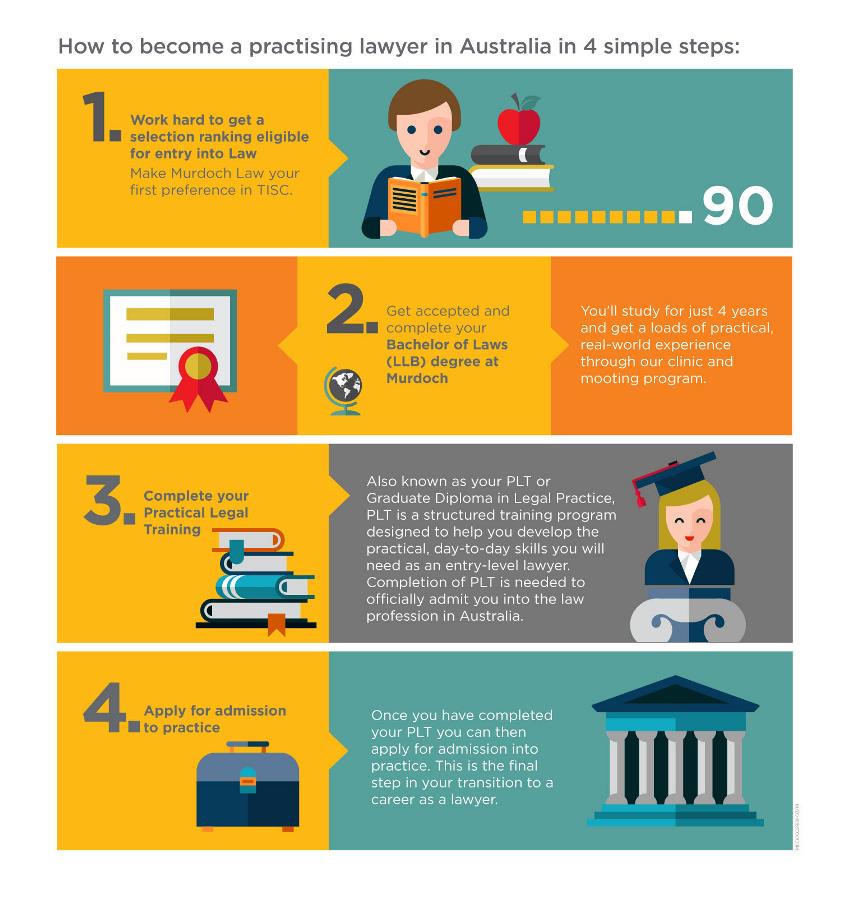Family Members Law Mediation Vs. Lawsuits: Which Course Should You Take?
Family Members Law Mediation Vs. Lawsuits: Which Course Should You Take?
Blog Article
Published By-Hatcher Osborn
When you're confronted with family law concerns, making a decision between arbitration and lawsuits can be challenging. Each choice has its own benefits and downsides, and the appropriate choice typically hinges on your details conditions. Arbitration promotes partnership, while lawsuits offers a much more structured method. But which method straightens ideal with your family members's requirements? Understanding the subtleties of each can aid you browse this vital decision. Allow's explore https://len-gavin5olin.technetbloggers.de/necessary-things-to-take-to-your-initial-meeting-a-family-attorney .
Understanding Household Legislation Mediation
When you face family members disputes, understanding household law mediation can make a substantial difference in how you solve disputes.
Mediation supplies a collaborative technique, permitting you to collaborate with a neutral 3rd party to get to an agreement. Unlike lawsuits, which can be adversarial and expensive, mediation encourages open communication and helps you preserve control over the result.
You'll find it less official and extra adaptable, allowing you to customize options that fit your family's unique demands. And also, arbitration often leads to quicker resolutions, reducing emotional tension for every person entailed.
Exploring Family Members Regulation Lawsuits
While mediation highlights partnership, household law litigation takes a much more adversarial strategy, usually leading to prolonged court battles.
In litigation, you'll provide your instance prior to a judge, that makes binding decisions on problems like child wardship, support, and residential or commercial property department. This process can be stressful and mentally draining pipes, as it commonly involves substantial prep work and lawful depiction.
You'll collect evidence, prepare witness statements, and browse complex lawful procedures. The unpredictability of court results can contribute to your anxiety.
In addition, litigation can dramatically raise your costs, with prices piling up from attorney costs and court costs. If you choose this path, be planned for a possibly lengthy timeline, as court timetables can postpone resolutions for months or perhaps years.
Weighing the Pros and Cons of Each Strategy
Picking between family members law mediation and lawsuits calls for careful factor to consider of their respective benefits and drawbacks.
Arbitration offers a collective environment, where you can reach agreements that suit both celebrations, commonly saving money and time. It's normally much less adversarial, which can aid maintain relationships, particularly if youngsters are involved. However, it may not be suitable if there's a substantial power imbalance or if one event refuses to comply.
On the other hand, lawsuits supplies an organized setting with a clear-cut resolution via a judge's ruling. It's useful for complicated legal issues however can be time-consuming and costly. The adversarial nature often rises stress, making future interactions more difficult.
Eventually, your choice should straighten with your details circumstance and goals.
Conclusion
In choosing in between household legislation arbitration and litigation, think of your household's details requirements. If https://www.opb.org/article/2022/01/12/oregon-public-defense-system-falters-pandemic-continues/ value open communication and versatility, arbitration might be your best option. However, if your situation entails complex issues or substantial power imbalances, litigation can supply the required framework. Ultimately, evaluate the advantages and disadvantages of each technique very carefully, and pick the path that really feels right for you and your family members's special characteristics. https://vance-rochell10ezekiel.blogbright.net/understanding-youngster-guardianship-exactly-how-a-household-law-attorney-can-help-you-defend-your-rights .
